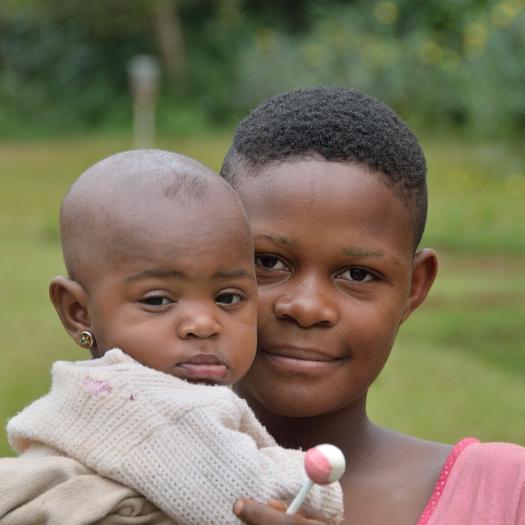Nos collègues publient



Laura Piqué-Fandiño, Sandrine Gallois, Samuel Pavard et Fernando Ramirez Rozzi publient dans PLoS ONE un article sur l’influence des facteurs et des changements environnementaux sur la saisonnalité de la reproduction humaine chez les Pygmées Baka
Reproductive seasonality is a phenomenon common to human and animal populations and driven by, among others, climatic variables. Given the currently changing climate and its impacts on both the environment and human lives, the question arises of its potential effects on reproductive seasonality. Few studies have specifically explored the seasonality of reproduction among hunter-gatherers and anyone investigated how current climate change might affect this phenomenon. In this study we addressed reproductive seasonality in the Baka Pygmy living in African rain forests. Since reproductive seasonality can be linked to weather patterns, we explore this possibility. However, climatic variables driving weather patterns have changed over the years, so we assessed whether this has influenced the Baka reproductive pattern. Based on 34 years of written birth records and oral questionnaires from 13 years of systematic fieldwork, we observed a bimodal birth pattern with two birth peaks at 6-month intervals. Our results demonstrate that precipitation at conception or at birth potentially has effects, respectively negative and positive on the monthly number of births; and temperature has a role in controlling other variables that do affect the reproductive pattern. Changing weather patterns appear to be affecting the reproductive seasonality in the Baka, suggesting that attention needs to be given to the influence of global climate change on forager societies.
Retrouvez cet article en ligne :